I have found few things as rewarding as spending time in the garden, listening to the birds chatter, and to see little flying things moving around the leaves of home grown fruits and vegetables.
Halfway through a wet Australian Summer, my garden is in excellent condition, from the topsoil to the tips of the sunflowers… all done without the need for chemical pesticides and fertilizer. Rather, I relied large quantities of spent coffee grounds and other organic material.
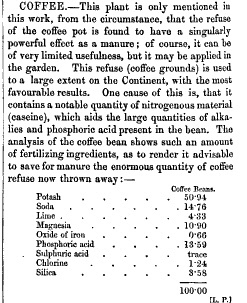 Coffee grounds have been used by gardeners for some time now, as seen by this extract (right) from the book House plants and how to succeed with them by Lizzie Page Hillhouse, printed in 1897.
Coffee grounds have been used by gardeners for some time now, as seen by this extract (right) from the book House plants and how to succeed with them by Lizzie Page Hillhouse, printed in 1897.
The benefits of using coffee grounds for gardens is also found outside of old books – through the life experience of gardeners, some of whom have been using grounds for decades. They know what works for them and stick with it.
A neighbour of mine, a long time coffee grounds user, asked me to stop by his house and have a look at the condition of his rose bushes. As you can see from the photos, these rose flowers are delightful, beaming color and the plants and soil are in excellent health.
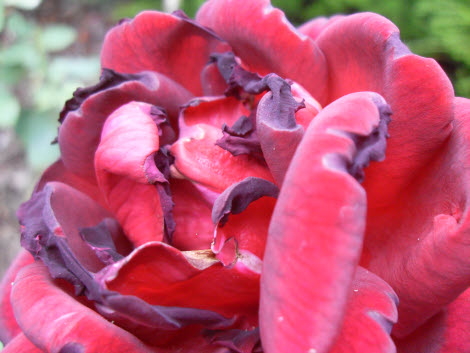
Simply wonderful, in sight and smell.
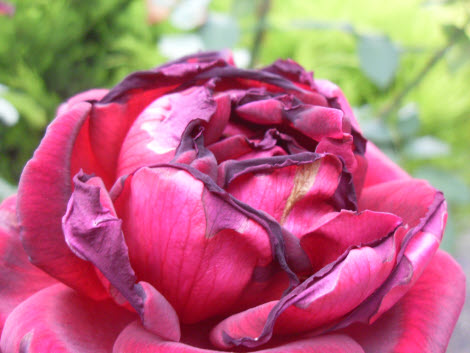
The color on these rose flowers was so vibrant it was difficult for the camera to process it.
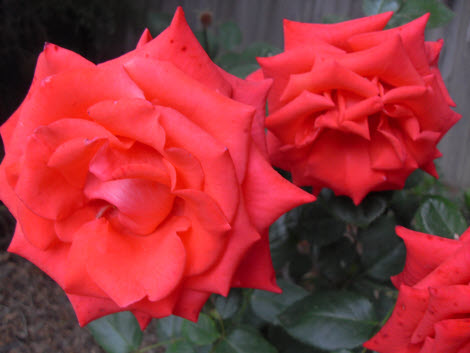
My neighbour works on improving the quality of his soil, which in turn feeds the plants. This involves adding into the soil homemade compost and worm castings, every three months, and by covering the base of the plants with a layer of mulch. By doing these things, the soil is aerated and is more effective at retaining moisture and earthworms. Essential microbes are encouraged to work within the soil to create optimal conditions for healthy plants.
Additional nutrients are added from products such as Blood and Bone and Seaweed concentrate each month in Spring, and once in Autumn.
As a final step to this gardening job, about 5 kilos of coffee grounds are sprinkled over the soil each month, hopefully just prior to some rain. Most of it sinks into the mulch, and if there are any clumps, these are broken up.
My neighbour has been using spent coffee grounds as his primary soil amendment and nitrogen additive for 30 years, avoids chemical fertilizers, and has a delightful and productive home garden.
I have been using coffee grounds for compost and fertilizer for almost one year, and have seen a significant improvement to my garden’s productivity, and ability to better resist pests and disease.
It is not just our gardens that benefit; making use of spent coffee grounds prevents them from going to landfill and leaching methane into the atmosphere, which is a greenhouse gas that causes global warming.
Not only that, using spent coffee grounds and other organic materials means that we do not buy chemical fertilizers, which are resource intensive to manufacture and distribute. Everything that the coffee grounds gardener requires is already at the cafe or office, and this is the most environmentally friendly place to collect them.
Coffee grounds are well worth a try. You will help create conditions for healthy soil and plants, reduce your contribution to landfill and global warming, and help reduce the manufacture of chemical fertilizers.
Here is to many more seasons listening to the birds chatter in my healthy and productive garden.
Shane Genziuk is a corporate technologist and committed environmentalist. He is the founder of Ground to Ground, a volunteer group that encourages cafes and businesses to make better use of spent coffee grounds, for compost, fertilizer, and other gardening jobs.
This post has been syndicated by Nathan Brown, the Dancing Rabbit Ecovillage recruit for their green building career opportunities.

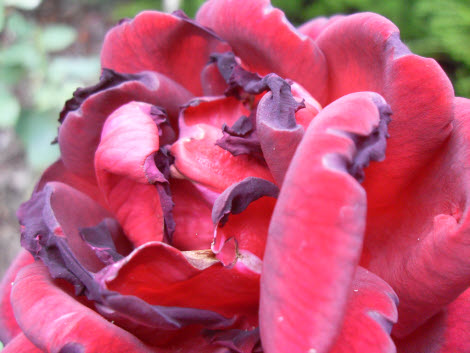
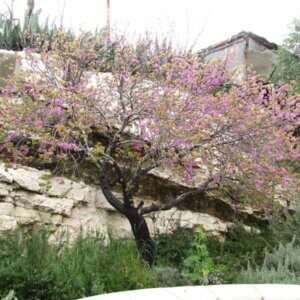
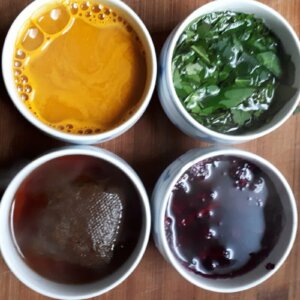
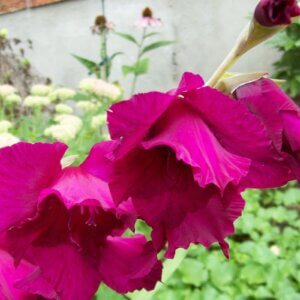
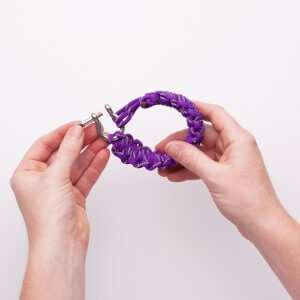
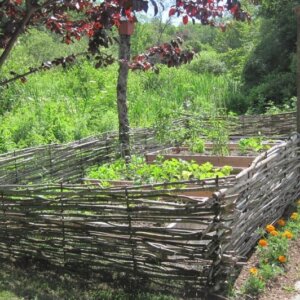
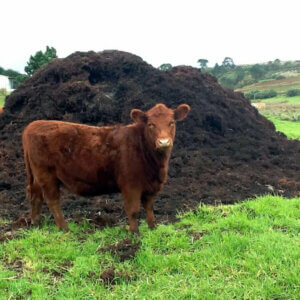


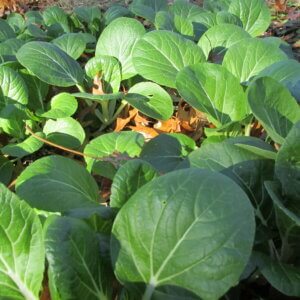

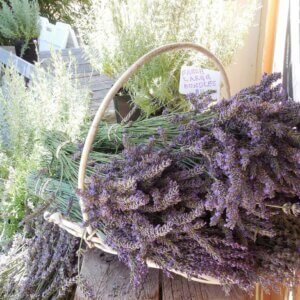
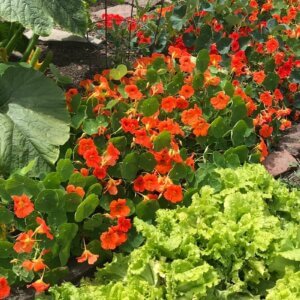
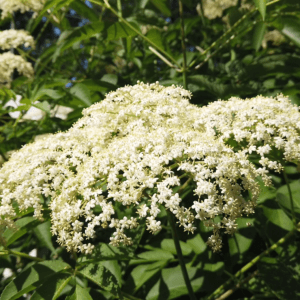

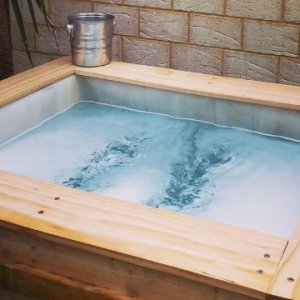


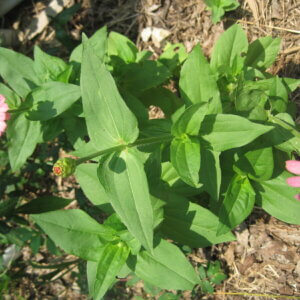

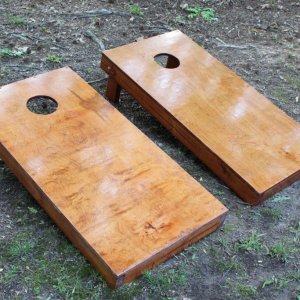


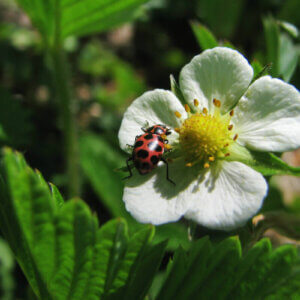
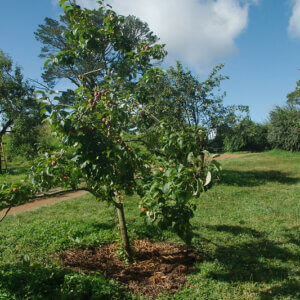

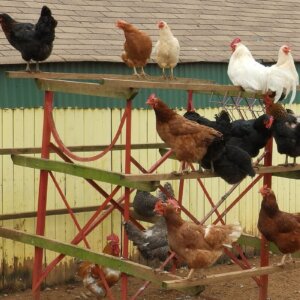

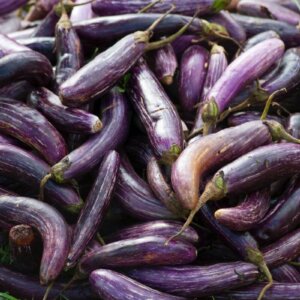
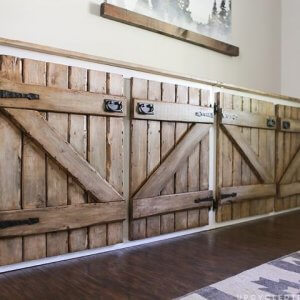
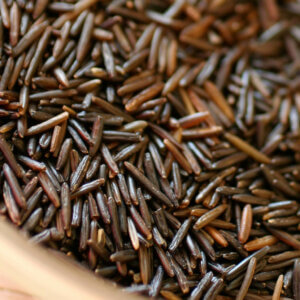

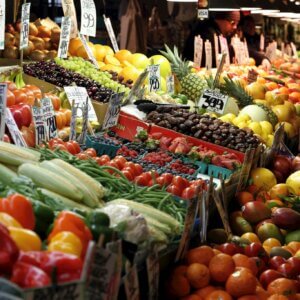
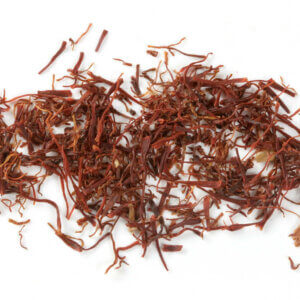


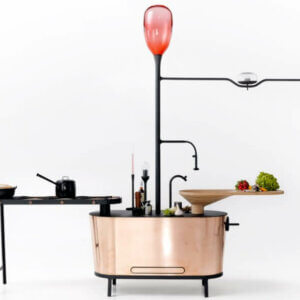
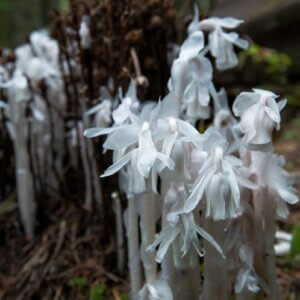
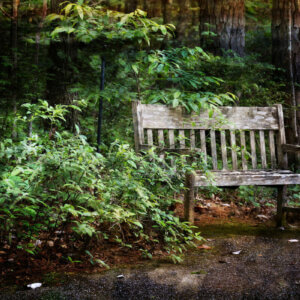

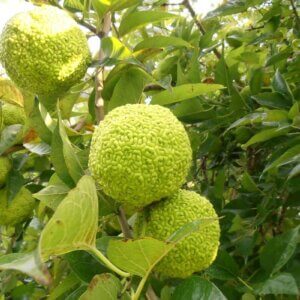
Thank you so much for covering this issue. We can all make a difference and improve our soil and plants at the same time.
Thanks for writing it, Shane… appreciate your contribution!
Thanks for this article Shane! It was very useful and I will be trying this at home.
I have always heard of gardeners doing this, and boy is it worth it!
The roses are gorgeous and the idea itself is definitely common sense…
Might as well “re-purpose” something you would anyways throw out, and give it a new life.
Love this post.
-Diana
I blog (or just began) about local Phoenix, AZ dwellers who upcycle products.
I can definitely appreciate this sort of upcycling, and being a huge coffee nut.
How do you keep coffee grounds in a colder climate until they can be dispersed in spring?
Whether the grounds are at a landfill or in your backyard makes little difference. It enriches the soil at either place. A little common sense goes a long ways in regards to global warming. Weather is weather. Let’s stick to coffee grounds!